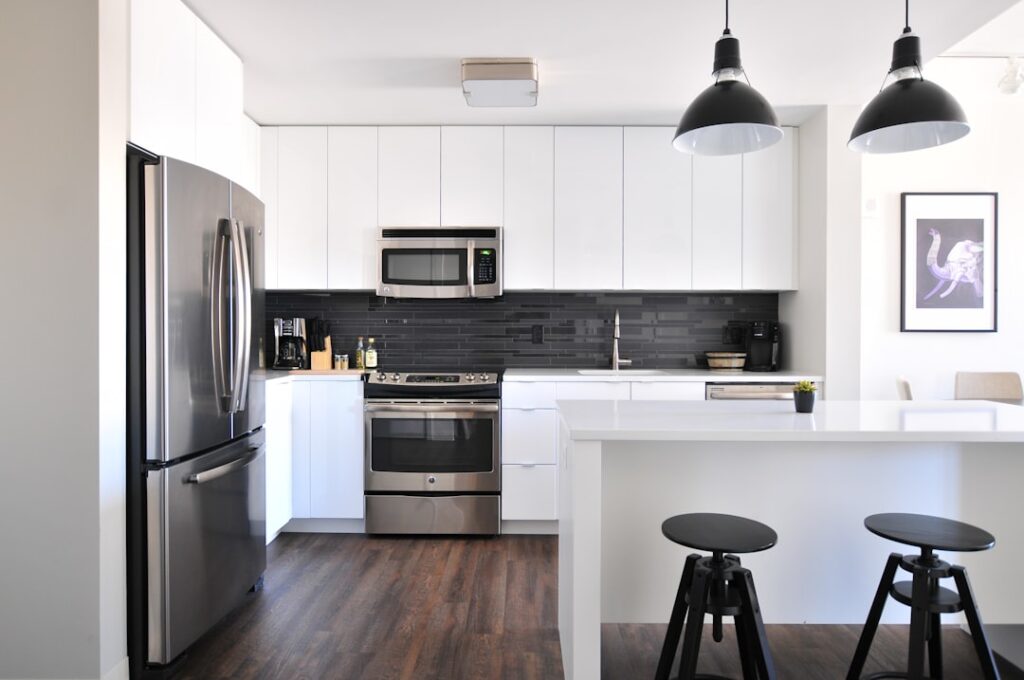The Dubai property market is a dynamic and multifaceted landscape that has garnered significant attention from investors around the globe. Over the past two decades, Dubai has transformed from a modest trading port into a global metropolis, characterized by its iconic skyline, luxurious lifestyle, and diverse cultural offerings. The real estate sector has been a cornerstone of this transformation, attracting both local and international buyers.
The market is known for its rapid growth, with property values experiencing substantial fluctuations influenced by various factors such as economic conditions, government policies, and global market trends. One of the defining features of the Dubai property market is its appeal to expatriates. With over 80% of its population comprising foreign nationals, Dubai has created an environment that is conducive to international investment.
The government has implemented several initiatives to attract foreign buyers, including the introduction of long-term residency visas and the establishment of freehold areas where expatriates can own property outright. This has led to a surge in demand for residential and commercial properties, making Dubai one of the most sought-after real estate markets in the world. However, potential investors must navigate a complex landscape of regulations and market dynamics to make informed decisions.
Key Takeaways
- Dubai property market is dynamic and offers a wide range of options for expats
- Expats need to be aware of legal requirements and regulations when buying property in Dubai
- Choosing the right location is crucial and depends on individual preferences and lifestyle
- Expats have various financing options available when buying property in Dubai
- Different types of properties such as apartments, villas, and townhouses are available for expats in Dubai
- Working with real estate agents can help expats navigate the property market in Dubai
- Understanding the fees and taxes involved in buying property is essential for expats in Dubai
- Tips for a smooth property buying process include thorough research, due diligence, and seeking professional advice
Legal requirements for expats buying property in Dubai
For expatriates looking to invest in Dubai’s real estate market, understanding the legal framework is crucial. The UAE government has established specific regulations that govern property ownership for foreign nationals. In general, expatriates are allowed to purchase property in designated freehold areas, which are scattered throughout the emirate.
These areas include popular locations such as Dubai Marina, Downtown Dubai, and Palm Jumeirah. It is essential for potential buyers to familiarize themselves with these zones to ensure compliance with local laws. In addition to understanding where they can buy property, expats must also be aware of the legal processes involved in property transactions.
The first step typically involves obtaining a No Objection Certificate (NOC) from the developer, which confirms that there are no outstanding dues on the property. Following this, buyers must engage in a sales agreement that outlines the terms of the purchase. It is advisable for expatriates to work with a legal professional who specializes in real estate transactions in Dubai to navigate these requirements effectively.
This ensures that all documentation is in order and that buyers are protected throughout the process.
Choosing the right location in Dubai
Selecting the right location is one of the most critical decisions an expatriate can make when purchasing property in Dubai. The emirate offers a diverse range of neighborhoods, each with its unique characteristics and amenities. For instance, areas like Dubai Marina and Jumeirah Beach Residence are known for their vibrant lifestyle, proximity to beaches, and an array of dining and entertainment options.
These locations are particularly appealing to young professionals and families seeking an active lifestyle. Conversely, neighborhoods such as Arabian Ranches and The Springs cater to families looking for a more suburban environment. These areas offer spacious villas, parks, and schools, making them ideal for those prioritizing family-friendly amenities.
Additionally, locations like Downtown Dubai provide a blend of luxury living and cultural experiences, with attractions such as the Burj Khalifa and The Dubai Mall at residents’ doorstep. When choosing a location, expats should consider factors such as proximity to work, schools, healthcare facilities, and recreational options to ensure that their new home aligns with their lifestyle preferences.
Financing options for expats buying property in Dubai
Financing a property purchase in Dubai can be a complex process for expatriates, but several options are available to facilitate this investment. Many banks and financial institutions in the UAE offer mortgage products specifically designed for foreign buyers. Typically, expats can secure financing for up to 75% of the property’s value, depending on their residency status and financial profile.
It is essential for potential buyers to shop around and compare mortgage rates from different lenders to find the most favorable terms. In addition to traditional bank financing, expats may also explore alternative financing options such as developer payment plans. Many developers offer flexible payment schemes that allow buyers to pay a percentage of the property’s value during construction and the remainder upon completion.
This can be an attractive option for those who may not have immediate access to full financing but wish to secure a property early in its development phase. Regardless of the financing route chosen, it is crucial for expatriates to conduct thorough research and seek professional advice to ensure they understand all terms and conditions associated with their mortgage or payment plan.
Types of property available for expats in Dubai
The diversity of property types available in Dubai is one of its most appealing aspects for expatriate buyers. From luxurious high-rise apartments with stunning views to spacious villas nestled in family-friendly communities, there is something to suit every taste and budget. High-rise developments in areas like Business Bay and Dubai Marina offer modern living spaces equipped with state-of-the-art amenities such as swimming pools, gyms, and concierge services.
These properties are particularly popular among young professionals and investors seeking rental income. On the other hand, villas and townhouses are prevalent in suburban communities like Jumeirah Village Circle (JVC) and Arabian Ranches. These properties often come with private gardens and community facilities such as parks and playgrounds, making them ideal for families.
Additionally, there are also off-plan properties available for purchase, allowing buyers to invest in developments that are still under construction. This option can be appealing for those looking to capitalize on potential price appreciation as the project nears completion. Understanding the various types of properties available is essential for expats to make informed decisions that align with their lifestyle needs.
Working with real estate agents in Dubai
Engaging a reputable real estate agent can significantly enhance the property buying experience for expatriates in Dubai. A knowledgeable agent can provide valuable insights into the local market, helping buyers identify suitable properties that meet their criteria. They can also assist with negotiations, ensuring that buyers secure favorable terms during the purchasing process.
Given the competitive nature of the Dubai real estate market, having an experienced agent by one’s side can be a considerable advantage. When selecting a real estate agent, expatriates should look for professionals who are licensed by the Real Estate Regulatory Agency (RERA) and have a proven track record in dealing with foreign buyers. It is advisable to conduct interviews with multiple agents to gauge their understanding of the market and their ability to cater to specific needs.
A good agent will not only help navigate property listings but will also provide guidance on legal requirements, financing options, and neighborhood insights that can influence a buyer’s decision-making process.
Understanding the fees and taxes involved in buying property in Dubai
When purchasing property in Dubai, it is essential for expatriates to be aware of the various fees and taxes that may apply throughout the transaction process. One of the primary costs is the Dubai Land Department (DLD) fee, which is typically 4% of the property’s purchase price. This fee is payable upon registration of the property transfer at the DLD office and is an essential step in formalizing ownership.
In addition to the DLD fee, buyers should also consider other costs such as registration fees, which may vary depending on the property’s value and location. Furthermore, if an expatriate opts for mortgage financing, there may be additional charges related to processing fees or valuation fees imposed by lenders. It is prudent for potential buyers to budget for these expenses early on in their planning process to avoid any financial surprises later on.
Tips for a smooth property buying process in Dubai
Navigating the property buying process in Dubai can be daunting for expatriates; however, several strategies can help ensure a smooth experience. First and foremost, conducting thorough research before making any commitments is crucial. This includes understanding market trends, exploring different neighborhoods, and familiarizing oneself with legal requirements specific to foreign buyers.
Another important tip is to engage professionals who specialize in real estate transactions in Dubai. This includes not only real estate agents but also legal advisors who can assist with contract reviews and ensure compliance with local laws. Additionally, maintaining open communication with all parties involved—such as lenders, agents, and developers—can help streamline the process and address any concerns promptly.
Lastly, being patient throughout the buying process is vital. The real estate market can be competitive, and finding the right property may take time. By remaining flexible and open-minded while adhering to personal criteria and budget constraints, expatriates can ultimately find a property that meets their needs while enjoying all that Dubai has to offer as a vibrant place to live and invest.
If you are an expat looking to buy property in Dubai, you may want to check out the article “The Ultimate Dubai Property Management Guide” on




